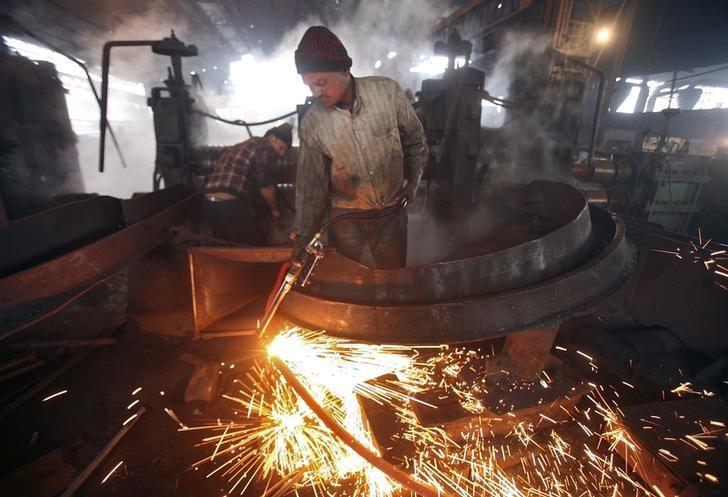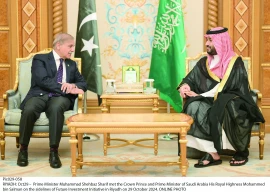
“We have been requesting the government to remove the duty for two and-a-half years, but nobody is listening to us,” Pakistan Association of Parts & Accessories Manufacturers (Paapam) Chairman Mashood Ali Khan said.
Power Station: Chinese firm to supply steel material
Regulatory duty was first imposed in January 2015 at the rate of 5% to 15% on steel imports and was supposed to be a temporary measure. However, the next year, it was increased from 15% to 35%, stated the press release.
“This is the third year of this regime. By increasing tariffs on import of raw materials, domestic industry was made uncompetitive. For example, 30%-35% additional tariff on steel may have helped some inefficient units, but it considerably increased the costs of the value added sectors producing fine quality auto parts and engineering products,” added Khan.
“The policymakers need to either opt for promoting high value added sectors where value addition can be more than 300% or favouring the sectors where value addition is less than 50%.”
The Paapam chairman said that these interventions were made for the protection of the local steel industry, which mainly produces the commodity for the construction sector. However, the affected PCT codes were common for raw materials allowed to be imported by the auto parts industry at concessionary duty because these materials were not produced by the local steel industry (who
have been protected through levy of regulatory duty).
Hitting exports: South Africa places duty on Pakistan’s cement exports
This fact has also been duly recognised in the new Auto Development Policy (ADP), where no regulatory duty was imposed on raw materials imported by the auto industry, provided they are not manufactured locally.
The previous auto policy and the current ADP have both been designed to encourage localisation, resulting in investment in the country, saving of foreign currency outflows, creating employment opportunities and contributing towards economic growth.
Published in The Express Tribune, September 27th, 2017.
Like Business on Facebook, follow @TribuneBiz on Twitter to stay informed and join in the conversation.


1719660634-1/BeFunky-collage-nicole-(1)1719660634-1-165x106.webp)

1732276540-0/kim-(10)1732276540-0-165x106.webp)




1724249382-0/Untitled-(640-x-480-px)1724249382-0-270x192.webp)







COMMENTS
Comments are moderated and generally will be posted if they are on-topic and not abusive.
For more information, please see our Comments FAQ